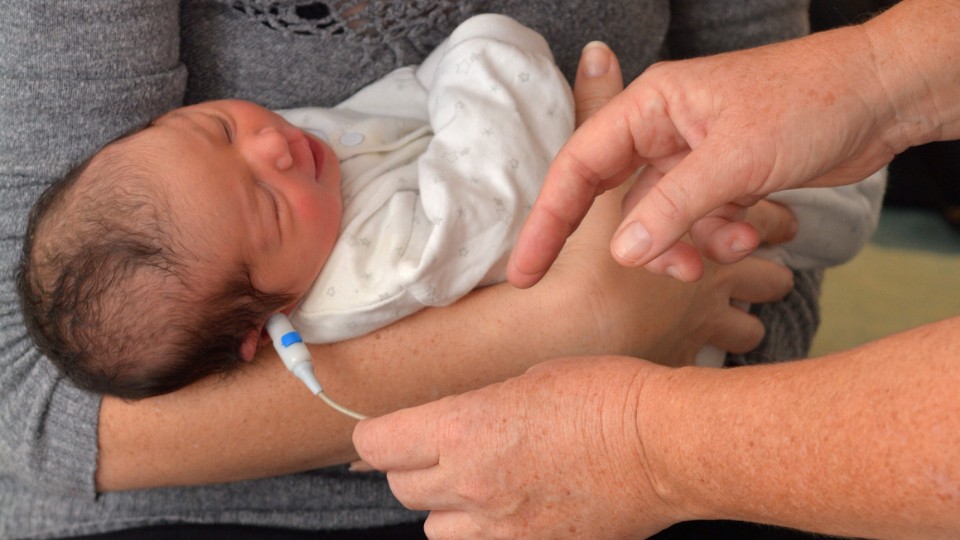
Are you concerned about your baby’s ability to hear and respond to sounds? Hearing loss in newborns can be a distressing discovery for parents, especially when the cause is unclear. Understanding the most common causes of hearing loss in newborns is essential for early detection, appropriate treatment, and long-term support. Whether the cause is genetic, environmental, or related to complications during pregnancy or birth, knowing what to look for can help you advocate for your child’s hearing health from the very beginning.
What Is Newborn Hearing Loss?
Hearing loss in newborns refers to a partial or total inability to hear in one or both ears present at birth or developing shortly after. It can range from mild to profound and may affect how a child learns to speak and interact with the world. Fortunately, newborn hearing screening tests—typically performed before the baby leaves the hospital—allow for early identification of potential hearing problems. But understanding the cause is the next critical step.
Genetic Causes of Hearing Loss in Newborns
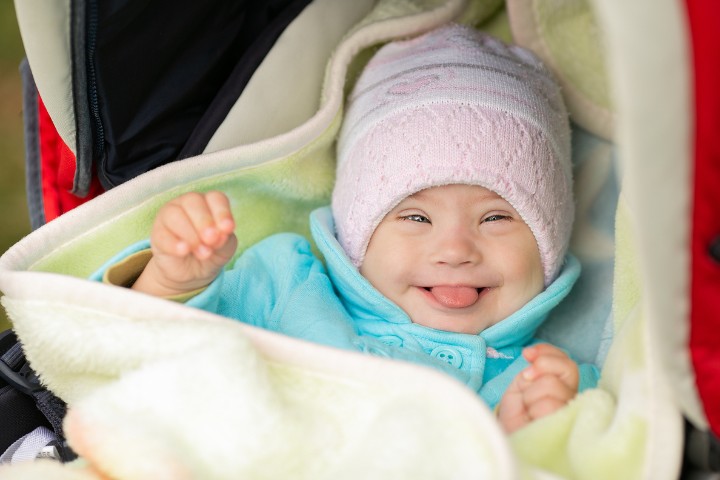
Over 50% of hearing loss in newborns is genetic. These causes may be inherited in various ways and can either occur as part of a larger syndrome or as an isolated condition.
1. Non-Syndromic Genetic Hearing Loss
This is the most common type of genetic hearing loss, where the child has no other symptoms besides hearing impairment. It’s often passed down in a recessive pattern, meaning both parents carry a copy of the gene even if they have no hearing issues themselves.
2. Syndromic Genetic Hearing Loss
This type of hearing loss is associated with other medical conditions and is part of a larger genetic syndrome.
- Usher Syndrome: Causes both hearing loss and progressive vision loss.
- Waardenburg Syndrome: Can cause hearing loss along with changes in pigmentation of the hair, skin, and eyes.
- Down Syndrome: Children with Down syndrome often experience hearing loss due to physical differences in the structure of the ear and increased risk of middle ear infections.
Non-Genetic Causes of Hearing Loss in Newborns
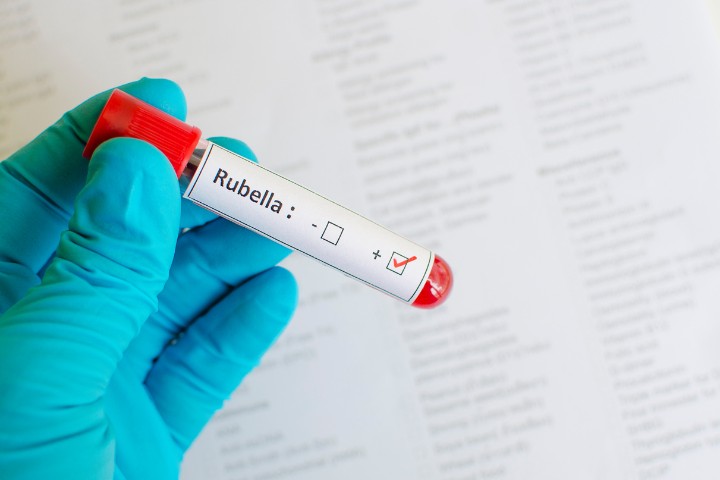
Non-genetic causes account for nearly 25% of newborn hearing loss. These may occur during pregnancy, labor and delivery, or shortly after birth.
1. Prenatal Infections
Certain infections that occur during pregnancy can damage the auditory system of a developing fetus:
- Cytomegalovirus (CMV): One of the leading non-genetic causes of congenital hearing loss.
- Toxoplasmosis: A parasitic infection that can cause various birth defects, including hearing issues.
- Rubella (German Measles): Can severely affect the ears, eyes, and heart.
- Syphilis and Herpes Simplex Virus (HSV): Both are linked to inner ear damage and hearing loss.
2. Low Birth Weight and Prematurity
Babies born prematurely or with low birth weight often have underdeveloped auditory systems. They may also be at greater risk for conditions like hypoxia (lack of oxygen) or jaundice, both of which can lead to hearing issues.
3. NICU Stays and Medical Interventions
Newborns who spend extended time in the Neonatal Intensive Care Unit (NICU) are at a higher risk for hearing loss, especially if they were:
- On ventilators for more than five days
- Given ototoxic medications like aminoglycoside antibiotics or diuretics
- Treated for severe jaundice with exchange transfusions
4. Complications During Delivery
Birth complications such as lack of oxygen (asphyxia), prolonged labor, or head trauma can affect the brain’s auditory processing centers or damage the structures of the ear.
Structural Abnormalities Linked to Hearing Loss
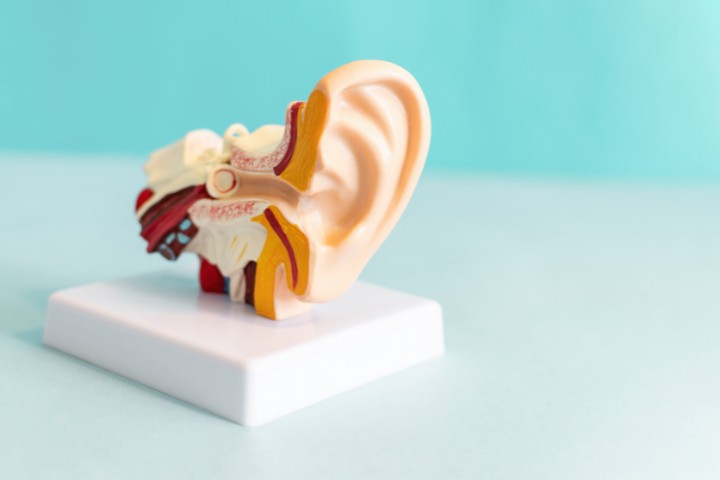
Some newborns are born with craniofacial abnormalities that affect the development of the outer, middle, or inner ear.
- Microtia/Atresia: Malformations or absence of the external ear canal.
- Cochlear Malformations: Abnormal inner ear development can severely impact the transmission of sound signals to the brain.
- Auditory Neuropathy Spectrum Disorder (ANSD): A condition where the inner ear receives sound normally, but the transmission of signals to the brain is disrupted.
Postnatal Causes and Environmental Influences
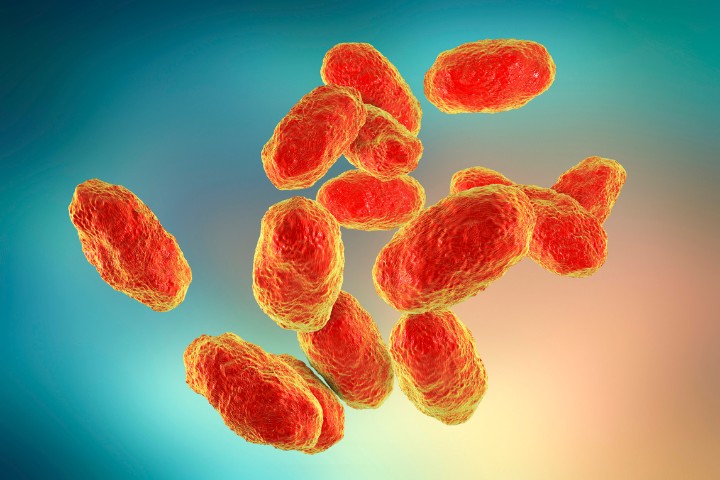
Even after birth, certain conditions or environmental factors can lead to hearing loss.
1. Bacterial Meningitis
This life-threatening infection can cause inflammation in the brain and spinal cord, damaging the auditory nerve and leading to permanent hearing loss if not treated quickly.
2. Maternal Substance Use
Use of certain drugs, alcohol, or tobacco during pregnancy has been linked to developmental issues, including hearing loss. These substances can affect fetal growth and compromise the development of the ear and nervous system.
Why Early Detection Matters
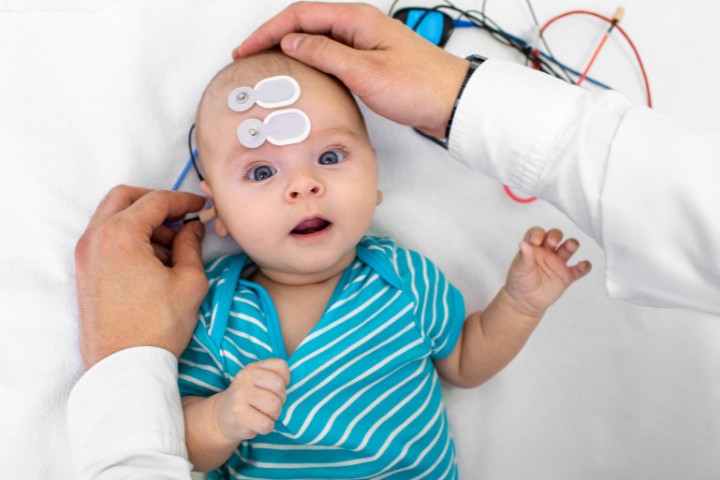
Catching hearing loss early—ideally within the first six months—can significantly improve language, social, and cognitive development. That’s why newborn hearing screenings are so important. If hearing loss is detected, your pediatrician may refer you to a pediatric audiologist and other specialists to determine the cause and begin treatment.
How to Support Your Baby After Diagnosis

If your baby is diagnosed with hearing loss, don’t panic. There are many tools and therapies available today:
- Hearing Aids or Cochlear Implants: Depending on the type and severity of hearing loss.
- Speech and Language Therapy: To support communication and cognitive development.
- Sign Language and Visual Communication: An option for families that choose alternative methods of communication.
Your healthcare team will guide you through personalized steps to support your baby’s development and ensure access to sound in ways that work best for them.
Understanding the common causes of hearing loss in newborns—both genetic and non-genetic—empowers you as a parent to take early, proactive steps for your child’s well-being. From inherited conditions to preventable infections and delivery complications, a wide range of factors can impact your baby’s hearing. Early detection, diagnosis, and intervention can dramatically improve your child’s outcomes and quality of life.
If you have concerns about your newborn’s hearing or need expert guidance following a hearing screening, contact Pediatric Associates of Dallas. Our team of compassionate professionals is here to support your family every step of the way.
